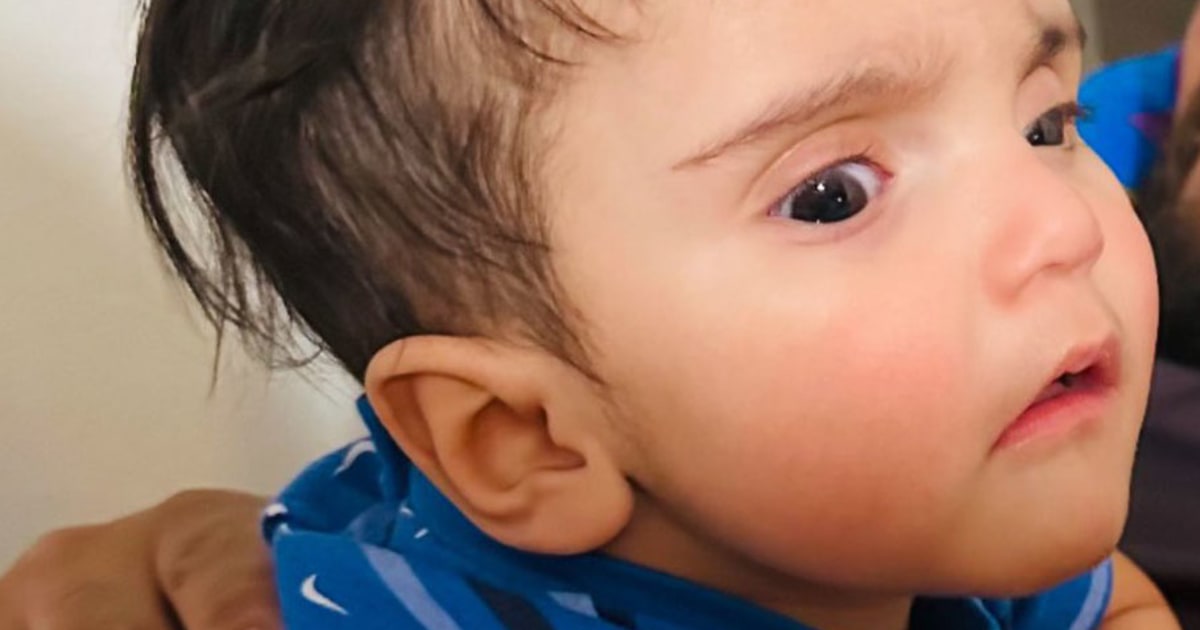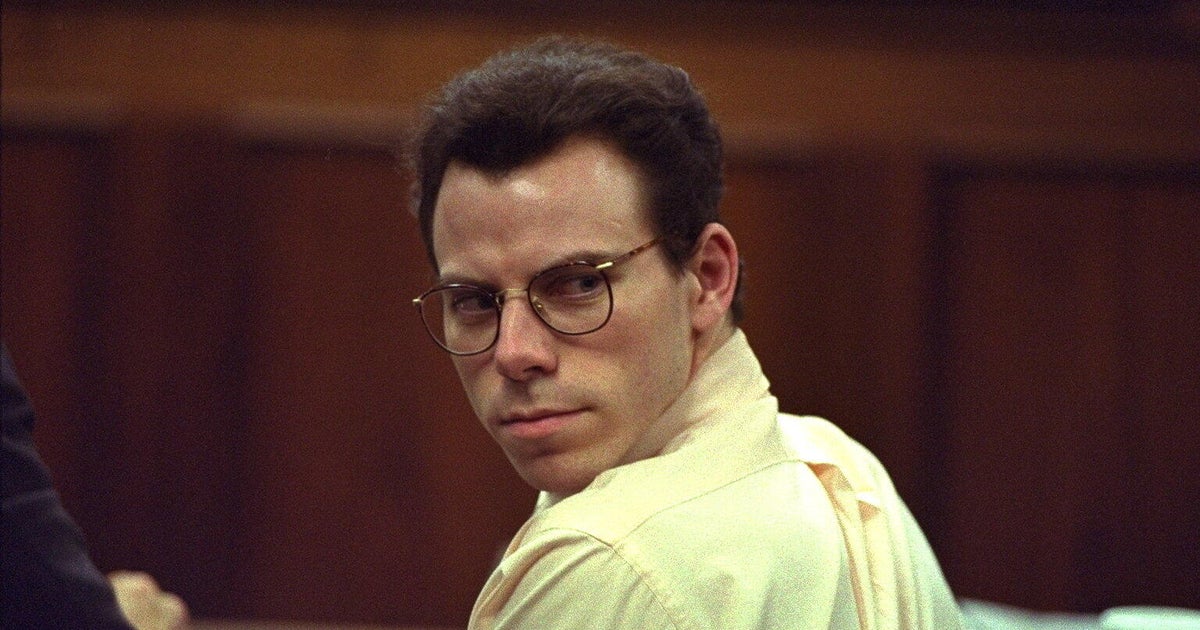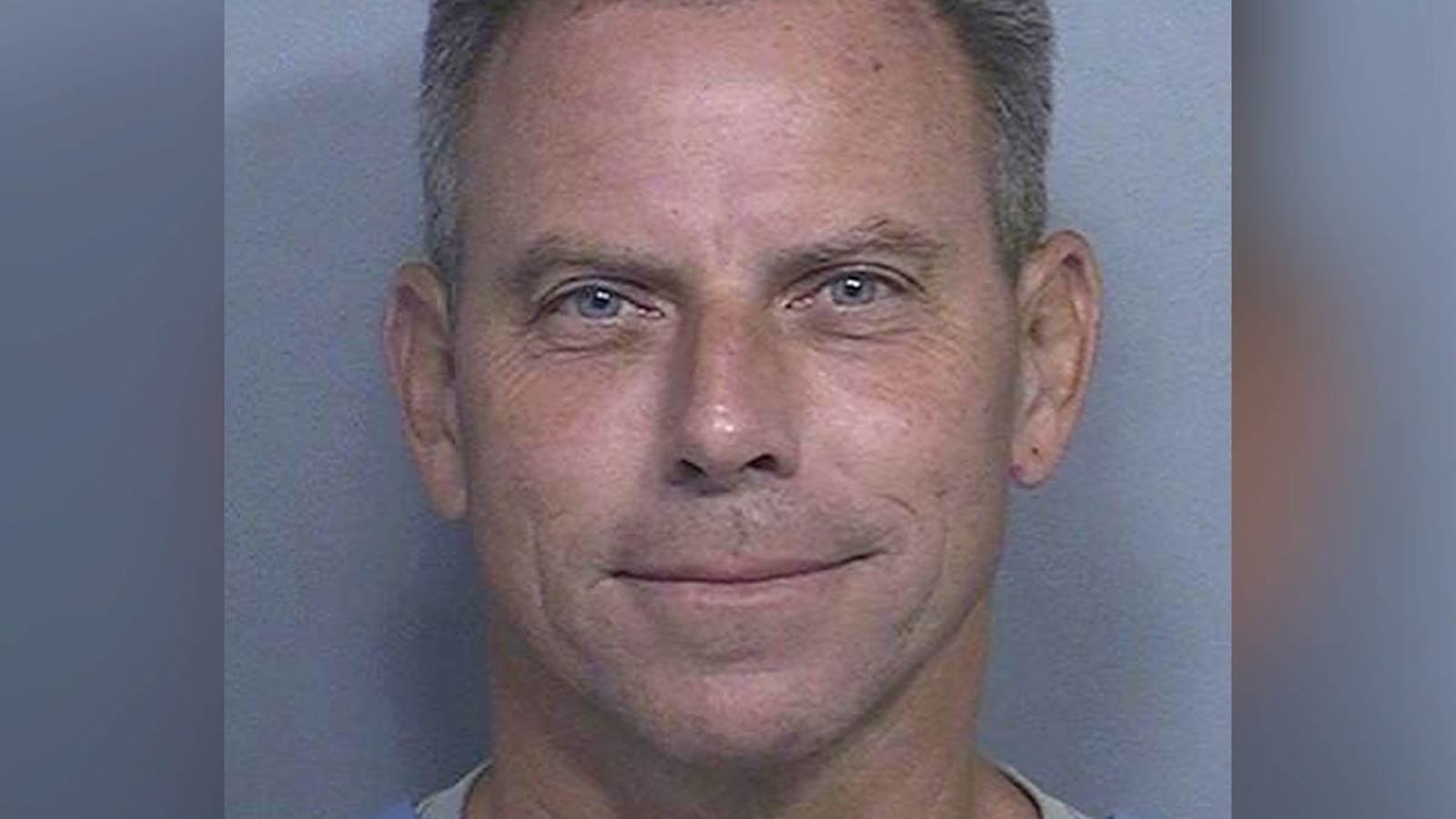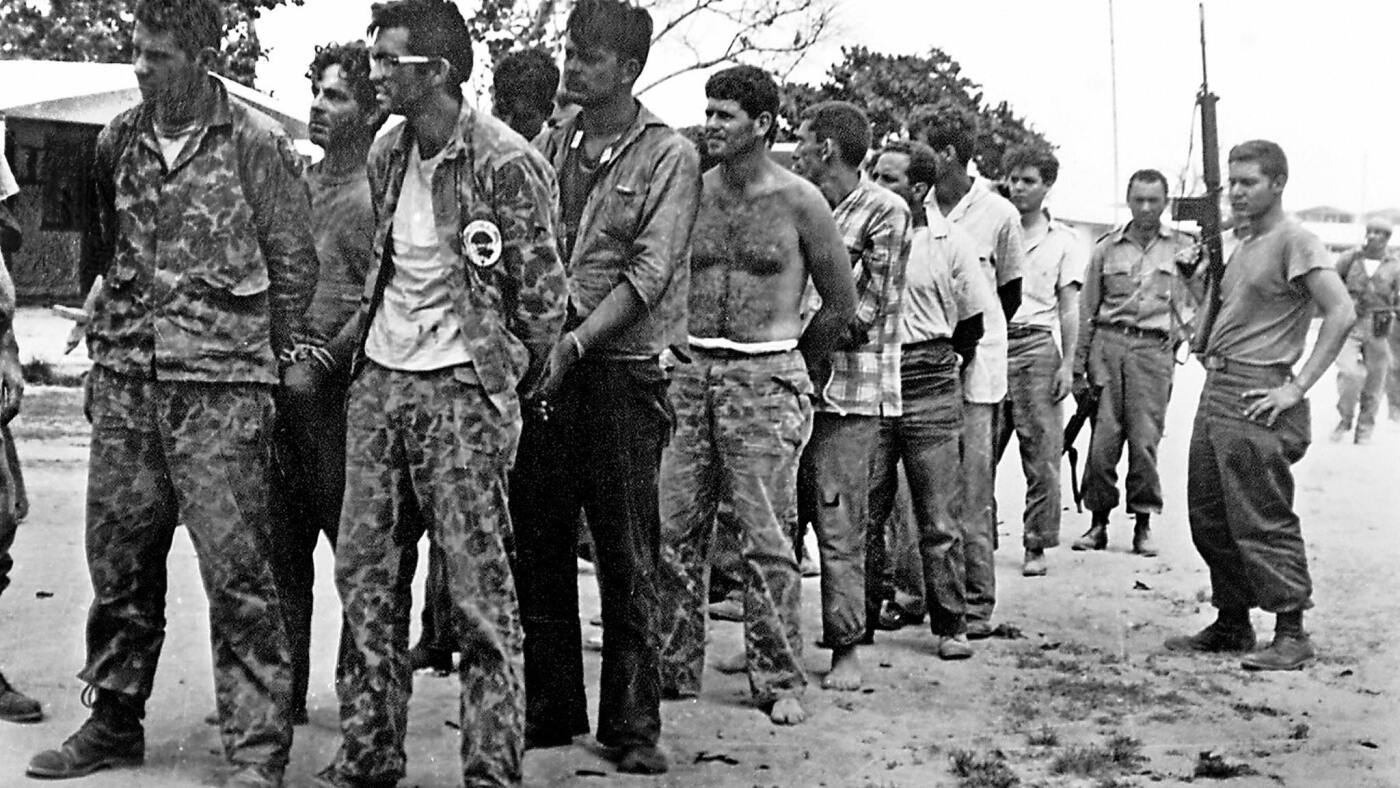Controversy Surrounding Menendez Brothers' Parole Denial
Introduction
In a recent decision, the California parole board denied brothers Erik and Lyle Menendez their first chance at parole in over 30 years. The Menendez brothers were found guilty of the brutal murder of their parents in 1989 at their Beverly Hills mansion. The brothers were both sentenced to life in prison without the possibility of parole. However, California law has since changed, allowing the brothers to have a chance at parole after serving a minimum of 18 years. The decision has sparked controversy and raised questions about the parole process and the rehabilitation of convicted criminals.
The Hearings
The Menendez brothers faced two days of intense questioning by panels of two commissioners during their parole hearings. The brothers were asked about their actions leading up to the murder, their relationship with their parents, and their behavior in prison. The panel also considered statements from family members of the victims and the brothers themselves. Despite their pleas for parole, the board ultimately decided that the brothers were not yet ready to be released back into society. This decision has caused a stir in the media and among those who have followed the case over the years.
The Impact
The denial of parole for the Menendez brothers has once again brought attention to the controversial issue of rehabilitation and parole for convicted criminals. It raises questions about whether the brothers have truly been rehabilitated and whether they pose a threat to society if released
About the Organizations Mentioned
California Parole Board
## Overview and Function The California Board of Parole Hearings (BPH), commonly referred to as the California Parole Board, is the state agency responsible for determining whether incarcerated individuals serving indeterminate life sentences—such as those convicted of murder or kidnapping—are suitable for release on parole[1][2]. Unlike determinate sentencing, where release dates are fixed, these inmates become eligible for parole consideration after serving a minimum term, at which point the BPH conducts comprehensive suitability hearings[1][4]. The core question at these hearings is whether the inmate currently poses an “unreasonable risk of danger to public safety,” not merely whether they have been sufficiently punished[4][5]. Parole hearings are formal proceedings where a panel of two or three BPH commissioners reviews the inmate’s criminal history, behavior in prison, rehabilitative efforts, and psychological assessments[1][3]. Inmates may present evidence, call witnesses, and are typically represented by counsel[3][6]. The district attorney from the county of conviction may also participate, often opposing release[3]. If parole is granted, the Governor retains the authority to review, modify, or reverse the decision, especially in murder cases[1][5]. ## History and Evolution The BPH was established in 2005 through the consolidation of several predecessor agencies, including the Board of Prison Terms, Youth Authority Board, and Narcotic Addiction Evaluation Authority[1]. This restructuring aimed to streamline parole decision-making under a single administrative body. Commissioners and the executive director are appointed by the Governor, reflecting the board’s position within the state’s executive branch[1]. ## Key Achievements and Current Status The BPH’s key achievement lies in its structured, evidence-based approach to assessing parole suitability, incorporating statutory guidelines, risk assessments, and input from victims and prosecutors[2][6]. The board considers evolving legislation, such as Senate Bills addressing youthful offenders, elderly parole, and medical parole, adapting its protocols to reflect changes















